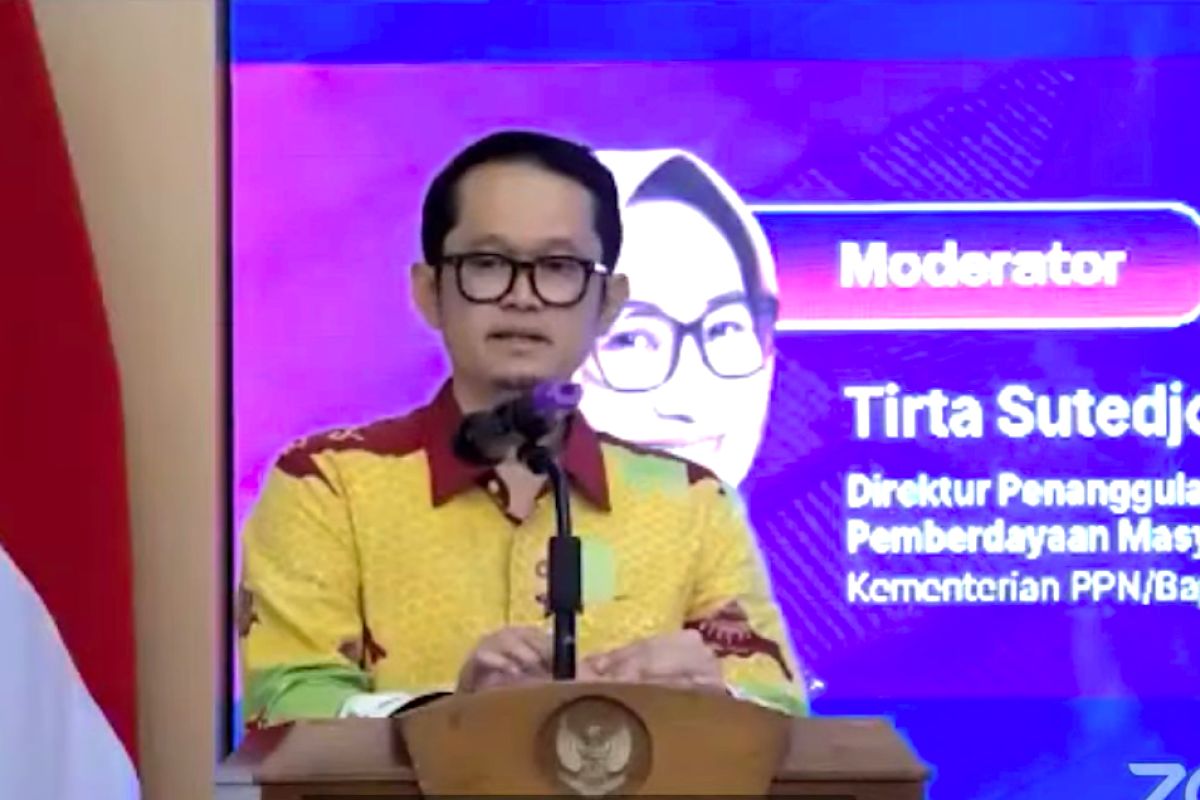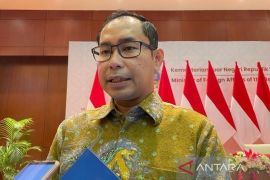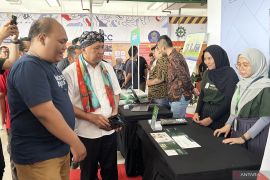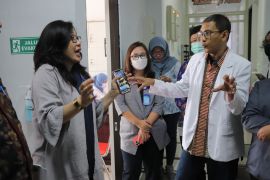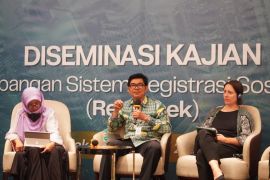"It is translated into policy, budgeting, institutional and regulatory frameworks that involve various ministries and institutions," the ministry's deputy for population and employment, Maliki, said at the National Seminar Towards Prosperous Indonesia 2045, which was followed online on Thursday.
One of the main targets of the 2025–2045 National Long-Term Development Plan (RPJPN) is reducing the extreme poverty rate to zero percent by 2045.
He noted that as a ministry that oversees the achievement of development targets by the President's direction, the National Development Planning Ministry has a role in anticipating potential risks mapped previously through policies.
In the context of poverty, social inequality in Indonesia is still considered significant. In the last 10 years, the number of people living in poverty has only declined by not more than 500 thousand per year.
In addition, through the current main approach, namely community empowerment, Maliki affirmed that his ministry is also exploring other approaches for poverty alleviation.
He explained that his ministry is currently in the process of creating a Government Work Plan for 2025 for the next president.
"We are also currently preparing some quick win programs or vision and missions that have been outlined in his (president-elect) campaign, which can be harmonized with our long-term goals in 2045," he added.
He also outlined several policies that the government has taken to tackle poverty in the last five years.
Three of the government programs focus on reducing people's burden through social assistance, increasing people's income through economic access to create productive businesses, and increasing community-based empowerment and independence in various poverty-ridden areas.
Other approaches taken by the government include the integration of planning, programs, and budgeting in ministries and institutions related to extreme poverty, as well as regular monitoring and evaluation to ascertain program implementation effectiveness.
"We have worked on these three main areas in the last five years, especially to reduce poverty and eradicate extreme poverty, which is targeted to be at zero percent by 2024," he said.
Translator: M Baqir, Raka Adji
Editor: Aditya Eko Sigit Wicaksono
Copyright © ANTARA 2024
